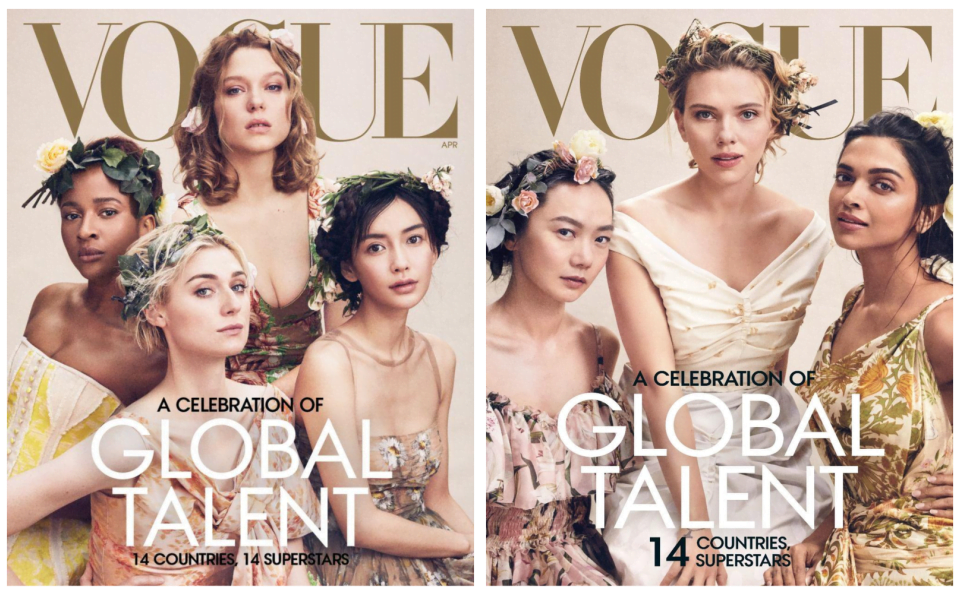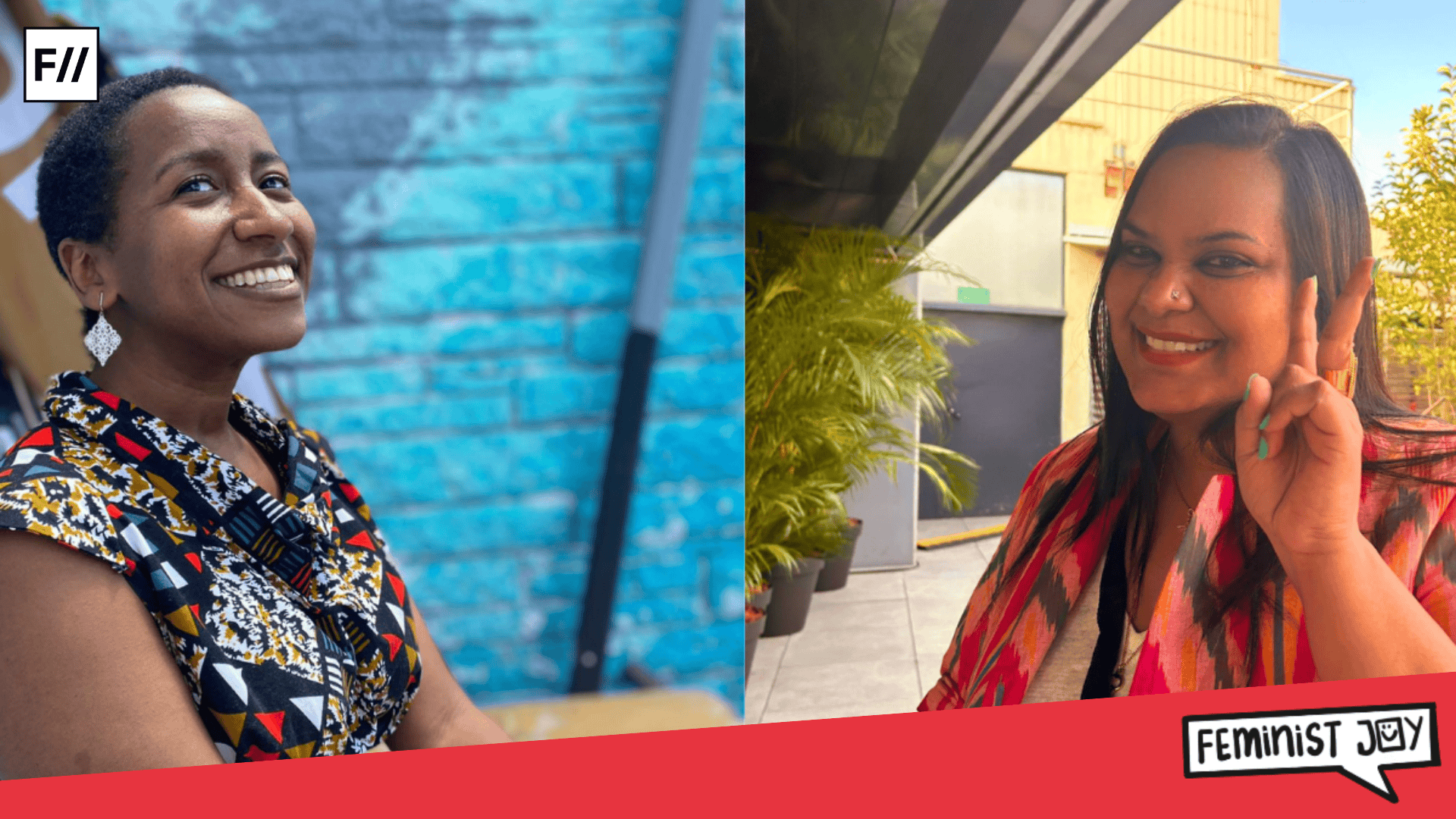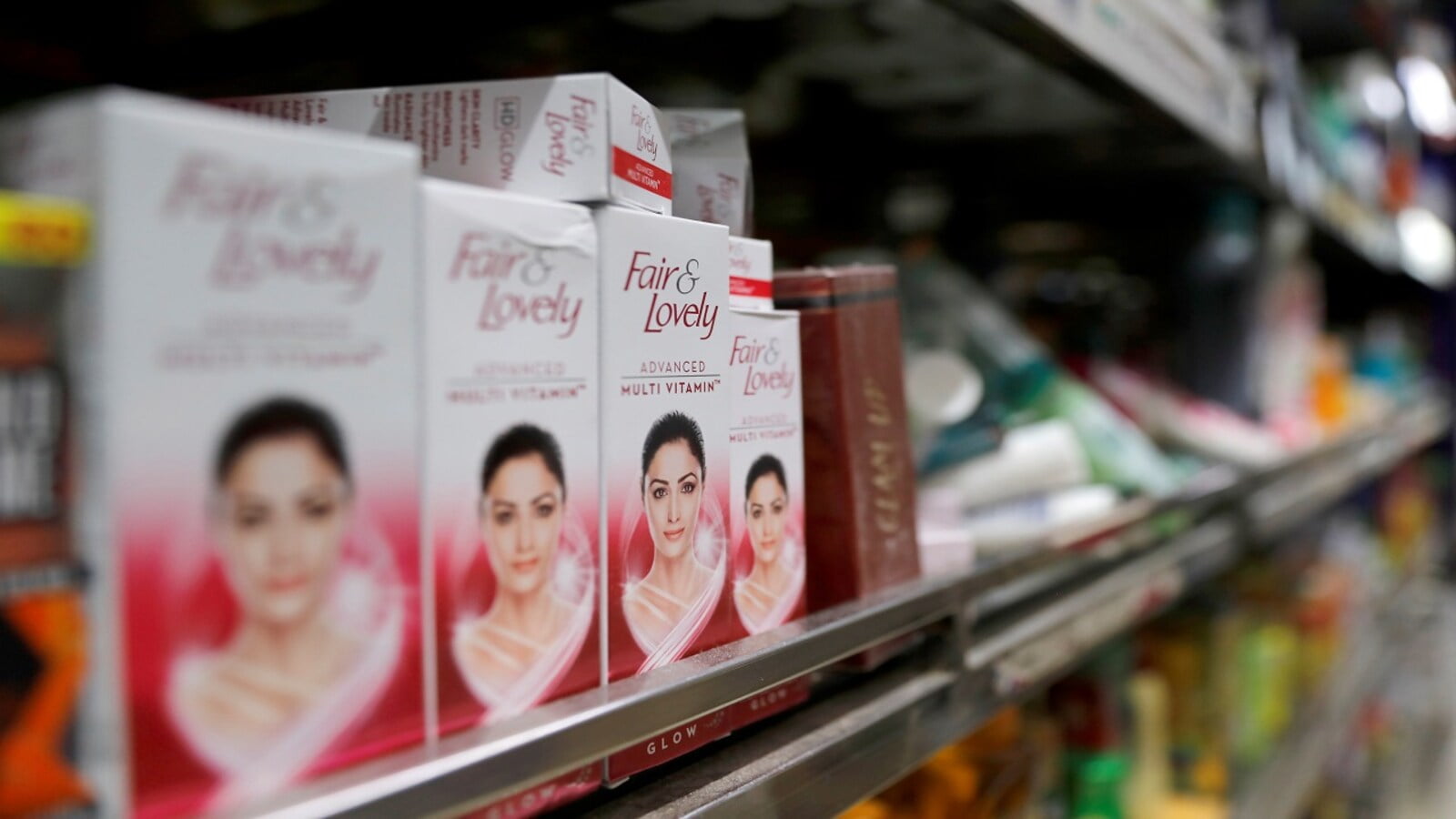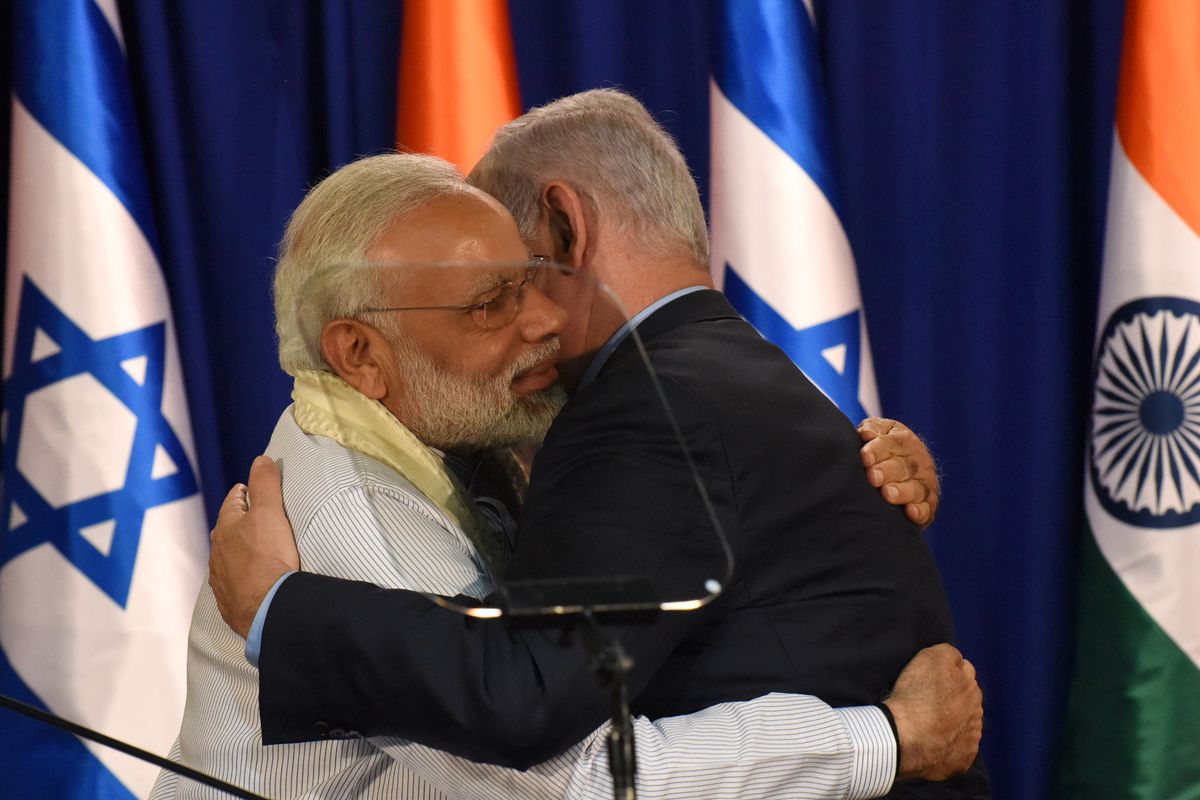Posted by Angelica Zocchi
The April 2019 issue of Vogue US, headlined ‘A Celebration of Global Talent’ attempts to champion global diversity, but leaves too much to be desired. Featuring film stars from 14 different nationalities, the focal article states that rather than making “a statement about crossing over from the periphery to the
This issue did give a nod to some international talent not usually in the American limelight. But the imagery of the cover is typical for an industry that consistently brands Eurocentric beauty standards. We should not forget that Scarlet Johansson was cast as an ‘Asian’ character in ‘Ghost in a Shell’ rather than an actress of that ethnicity.
Actresses Etomi Wellington from Nigeria and Angelababy from China are placed on the margins of this cover like humble sidekicks to white actresses Lea Seydoux and Elizabeth Debicki.
Yes, it is expected that Vogue US would place greater focus on the actress who is more recognisable amongst North American audiences. However, this second cover tells the same story. Actresses Etomi Wellington from Nigeria and Angelababy from China are placed on the margins of this cover like humble sidekicks to white actresses Lea Seydoux and Elizabeth Debicki.
These covers convey a narrative about globalisation that is US-centric and simply false. Deepika Padukone has as much if not more global popularity than Scarlet Johansson. She hails from a nation more than three times as populous as the US and is one of the highest paid actresses in the world. In 2016, Forbes ranked her salary as the 10th highest, making her one of the only filmstars not affiliated with Hollywood (and incidentally non-white) to rank in the top 10. Bollywood’s global fanbase covers east and central Asia, the Middle East, and Africa and their box office tickets sales have surpassed Hollywood’s. The Korean entertainment industry has strong traction as well with the ‘Korean Wave’ bringing k-pop and k-drama into the global mainstream.
Also read: Beauty Standards And Its Harming Effects On Women Around The Globe
Priyanka Chopra seems to have cracked to code for a South Asian woman to achieve trans-national superstardom. In fact, she has had a solo cover on Vogue US. However, her feature was mostly about her relationship with Nick Jonas since marrying a white American gained her significant social capital. I do not intend to judge her choice of partner nor do I wish to dwell in such fickle matters like celebrity weddings. However, this feat of hers seems to be publicised repeatedly over all her other achievements, sending the mundane, eye-rolling message to desi girls that at the zenith of success is marriage. As such, white validation seems to be a requisite for a foreign actress to achieve global acclaim – whether that means marrying into it or being photographed under it.
the proportion of women of colour featured in such magazine spreads has increased from just 17% in 2014 to almost 40% in 2018.
It is true that the beauty industry has made strides in diversity and inclusivity. According to a report by The Fashion Spot, the proportion of women of colour featured in such magazine spreads has increased from just 17% in 2014 to almost 40% in 2018. As their name implies, Vogue
thrives as a publication and as a corporation by being under-the-radar. They too are catching up with the trend of expanding boundaries for skin colour and body type. However, this issue’s Greco-Roman imagery establishing a clear visual hierarchy that is quite dated.
Also read: Dear Vogue India, It Is Time To Stop ‘Empowering’ Women!
I do not believe I am reading into this too much. Nor am I looking for a ‘reason to be offended’. Eurocentric beauty standards are insidiously harmful – and this has been empirically proven. In fact, I do not usually write about pop culture because I strive to divert away from celebrity culture to women who pave the way as intellectuals, artists, and change-makers (FII’s column #IndianWomenHistory is a great venture in that direction).
On this note, let’s remind Anna Wintour that Eurocentric beauty standards and neo-colonialism are so out-of-vogue!
Angelica Priyamvada is an American who is enjoying her time in New Delhi. She works in the social sector and is passionate about too much for her own good. Her blogs will focus on globalisation and US-India. You can follow her on Instagram.
About the author(s)
Guest Writers are writers who occasionally write on FII.




